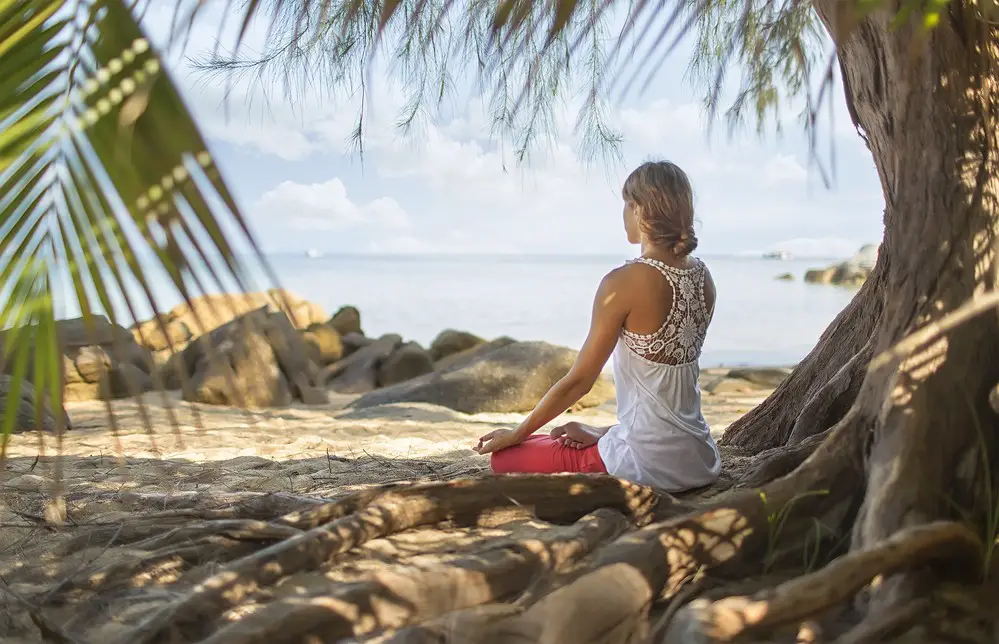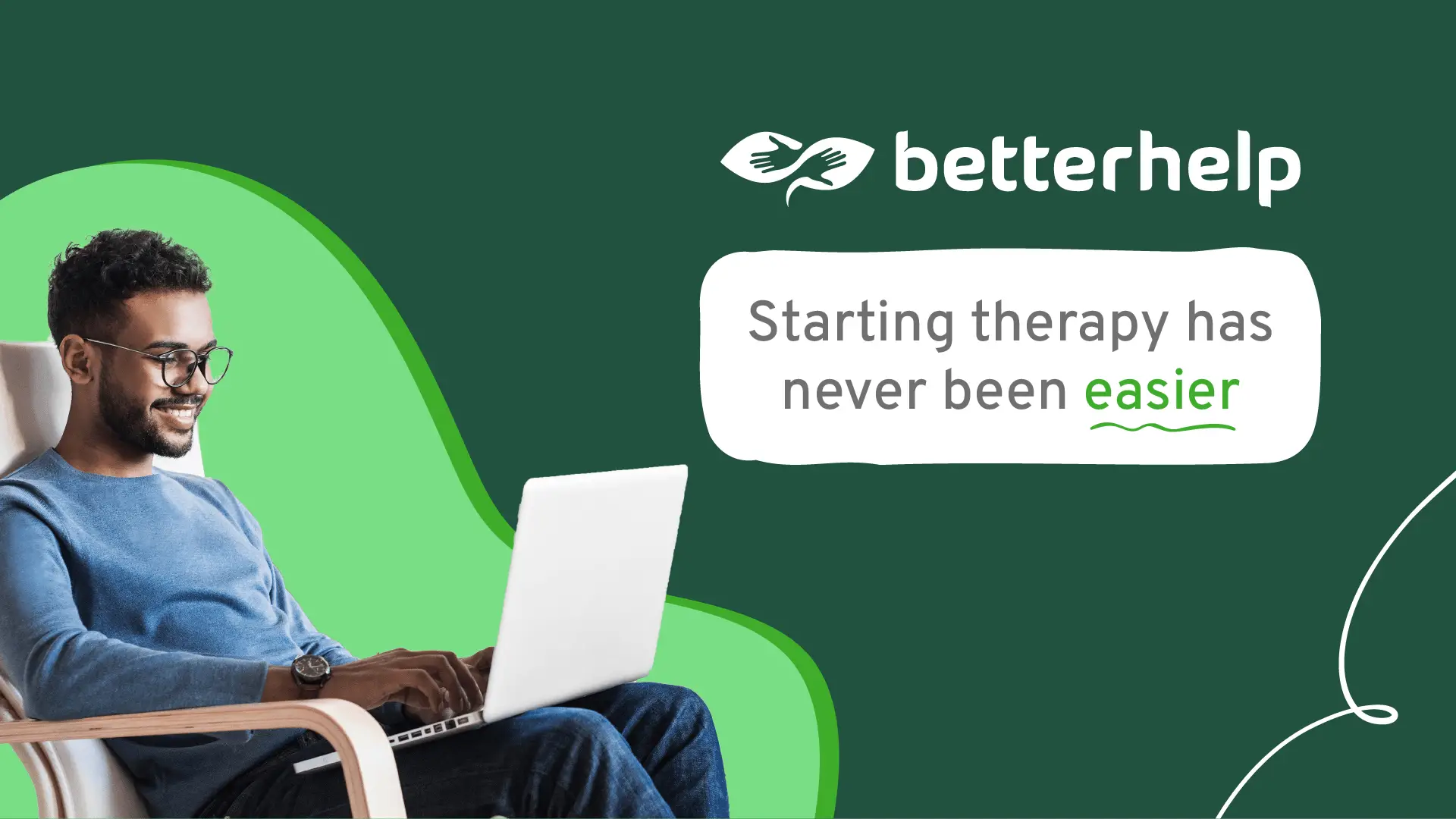As a BetterHelp affiliate, we receive compensation from BetterHelp if you purchase products or services through the links provided
Discovering the opposite of anxiety can be a transformative experience for individuals struggling with anxiety disorders. Through the adoption of certain practices and habits, one can obtain a sense of peace and contentment.
By reading on, you will discover seven key elements – positive thinking, exercise, meditation, healthy diet, sleep hygiene, social support, and self-care – which can help cultivate inner peace and equip one with the necessary tools to combat anxiety. In addition, these practices help alleviate stress and enhance mental health in social situations.
As you read on, you’ll learn how each aspect plays an integral role in cultivating inner peace and equipping yourself with practical tools to combat anxiety whenever it arises.
Table of Contents:
- Positive Thinking
- Exercise
- Meditation
- Healthy Diet
- Sleep Hygiene
- Social Support
- Self-Care
- Frequently Asked Questions Opposite of Anxiety
- Conclusion
1. Positive Thinking
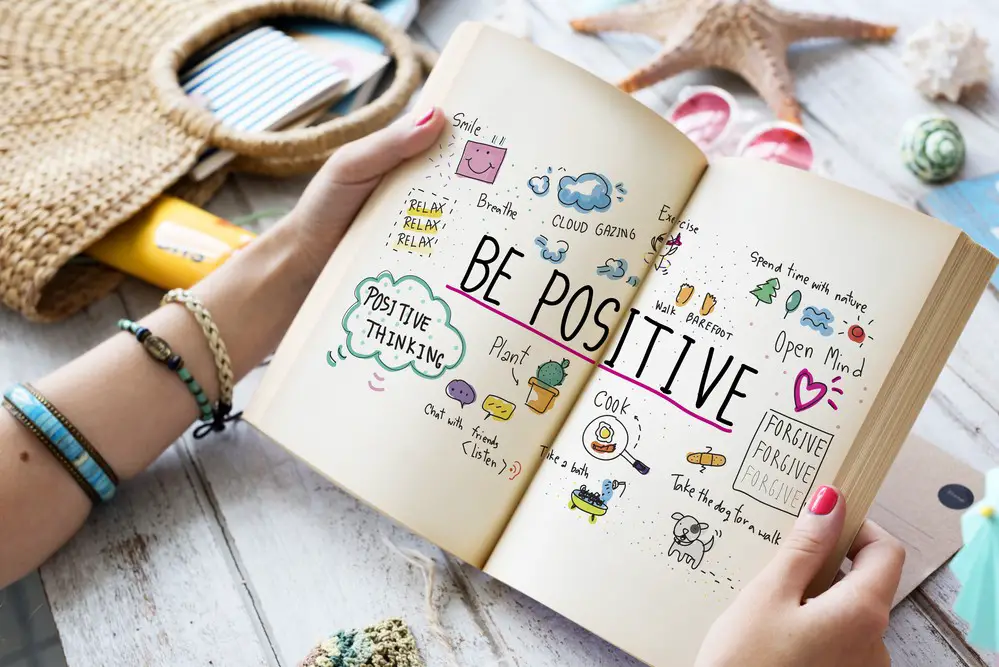
Fostering an optimistic mindset is critical to alleviating stress and enhancing psychological well-being. By focusing on the good aspects of your life and maintaining a hopeful outlook, you can effectively reduce feelings of anxiety.
Acknowledge Negative Thoughts
It’s essential to recognize that negative thoughts will still occur occasionally, but acknowledging them is the first step towards overcoming them. When you notice a negative thought creeping in, try reframing it into something more positive.
Practice Gratitude
An effective way to cultivate positivity is by practicing gratitude daily. In a gratitude log, record three daily things you are thankful for or value about yourself and your life.
- Morning: Start your day with an entry in your gratitude journal before getting out of bed.
- Night: Reflect on the day’s events and describe what made you feel thankful before sleeping.
Affirmations
Create personalized affirmations as daily reminders that help reinforce positive beliefs about yourself and your abilities. For example:
You can also use affirmation apps or websites to find inspiration for creating new affirmations tailored to reduce anxiety levels.
Surround Yourself with Positivity
Your environment plays a significant role in your overall mindset. Surround yourself with positive people, uplifting quotes or artwork, and engage in activities that bring you joy. This can help create an atmosphere of positivity and support for managing anxiety.
Including these habits can help lessen anxiety and enhance overall mental health and satisfaction. Remind yourself that progress occurs gradually, so be tolerant of your growth as you strive to form a more upbeat outlook.
Positive thinking is essential to managing anxiety and can help reduce the severity of symptoms. Transition Sentence: Exercise has also been beneficial for reducing stress levels and improving mental well-being.
2. Exercise

Regular physical activity is a powerful way to combat anxiety and improve mental health. Research has shown that exercise can help reduce anxiety, boost mood, and increase energy levels. In addition, when you exercise, your body releases endorphins – the “feel-good” chemicals that contribute to feelings of happiness and well-being.
The Benefits of Different Types of Exercise
- Aerobic exercises: Running, swimming, or cycling improve cardiovascular health and reduce stress hormones.
- Strength training: Lifting weights or engaging in resistance exercises helps build muscle mass while releasing tension from your muscles.
- Flexibility exercises: Stretching routines such as yoga or Pilates can promote relaxation by increasing flexibility and balance.
- Mind-body practices: Tai chi and qigong combine gentle movements with deep breathing techniques to calm the mind while strengthening the body.
Finding an Exercise Routine That Works for You
To maximize the anxiety-reducing effects of exercise, finding an activity that suits you and is sustainable in the long term is essential. Consider trying different activities until you discover what brings you joy and feels sustainable over time. Here are some tips on how to get started:
- Pick an activity that interests you: Choose something enjoyable so that it doesn’t feel like a chore but becomes a fun part of your daily routine.
- Set realistic goals: Start with small, achievable goals to build confidence and motivation. As you progress, gradually increase the intensity or duration of your workouts.
- Make it a habit: Aim for consistency by scheduling regular workout sessions into your calendar. This will help make exercise an integral part of your lifestyle.
- Find a workout buddy: Having someone to share the experience with can provide additional motivation and support during challenging moments.
Incorporating regular physical activity into your life is an effective way to reduce anxiety while promoting overall well-being. In addition, uncovering a fitness plan that suits you can be essential in securing emotional well-being and living more joyfully and better.
Exercising regularly can help reduce stress and anxiety levels, so it is essential to ensure you are getting enough physical activity. In addition, meditating is an excellent technique to battle anxiousness and can be accomplished in the solace of one’s residence.
3. Meditation
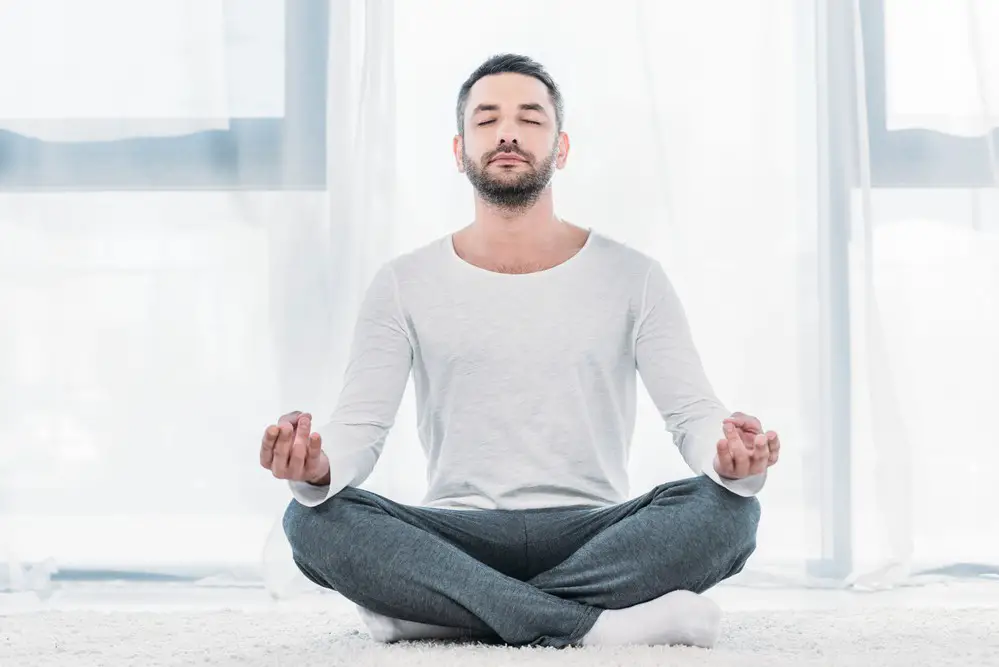
Meditating can reduce anxiety and cultivate relaxation, mindfulness, and inner peace. Meditation has been employed by various cultures for millennia to gain mental clarity and emotional equilibrium.
The Benefits of Meditation
- Reduced stress: Regular meditation practice helps lower cortisol levels, which are responsible for stress responses in the body.
- Better focus: By training your mind to concentrate on one thing at a time, such as your breath or a mantra, meditation improves attention span and cognitive function.
- Increase self-awareness: Through introspection during meditation sessions, individuals become more aware of their thoughts and emotions, leading to better emotional regulation.
- Promotes relaxation: The deep breathing techniques used in many forms of meditation encourage full-body relaxation and calmness.
Different Types of Meditation Techniques
To get started with meditation as part of your journey toward finding the opposite of anxiety, it’s essential to explore different techniques until you find one that resonates with you. Some popular methods include:
- Mindfulness Meditation: Focuses on being present at the moment while observing thoughts without judgment or attachment.
- Loving-Kindness (Metta) Meditation: Aims at cultivating love and compassion for oneself and others by silently repeating phrases such as “May I be happy, may I be healthy.”
- Body Scan Meditation: Involves mentally scanning the body from head to toe, bringing awareness to any sensations or areas of tension.
- Guided Meditation: Led by a teacher or audio recording that provides step-by-step instructions for visualization and relaxation techniques.
Getting Started with Meditation
If you’re new to meditation, it’s essential not to get discouraged if your mind wanders during practice. Remember that the goal is not necessarily to achieve complete mental silence but to develop self-awareness and mindfulness. Here are some tips for beginners:
- Begin with brief periods (5-10 minutes) and step by step, increment the span as time passes.
- Use guided meditation apps like Calm or Headspace to help you establish a routine and learn various techniques. Then, create a comfortable space free from distractions where you can meditate regularly.
Incorporating meditation into your daily routine can significantly impact managing anxiety levels while promoting overall well-being. With consistent practice, you’ll soon discover how powerful this ancient technique can be in helping you find tranquility amidst life’s challenges.
Exploring meditation to combat stress and cultivate inner tranquility can be advantageous. Subsequently, let’s explore how nourishment choices impact stress levels.
4. Healthy Diet

A healthy diet is crucial in managing anxiety and maintaining overall mental health. The right foods can help stabilize mood, boost energy levels, and improve cognitive function. So let’s explore some key components of an anxiety-reducing diet.
Foods Rich in B Vitamins
B vitamins are essential for proper brain function and neurotransmitter production. Whole grains, lean meats, eggs, leafy greens, nuts, and seeds are all excellent sources of B vitamins. For example, foods rich in vitamin B12, such as fish or fortified cereals, can reduce stress by promoting serotonin production.
Magnesium-Rich Foods
Magnesium is known to have calming effects on the nervous system, making it an essential mineral for those dealing with anxiety. Include magnesium-rich foods like spinach, almonds, black beans, and avocadoes into your daily meals to experience its benefits.
Omega-3 Fatty Acids
Omega-3 fatty acids play a significant role in brain health and are linked to reduced anxiety disorder symptoms. Incorporate omega-3-rich foods like salmon, walnuts, chia seeds, or flaxseeds into your diet regularly.
Tips for Maintaining a Balanced Diet:
- Eat plenty of fruits and vegetables: Aim for at least five servings daily to provide essential nutrients that support mental well-being.
- Stay hydrated: Drinking enough water is crucial for overall health, including mental clarity and mood regulation.
- Avoid excessive caffeine and sugar intake: These substances can cause energy crashes and exacerbate anxiety symptoms.
- Moderate alcohol consumption: Although a tipple may appear calming, excessive alcohol consumption can hurt mental well-being. Stick to the recommended guidelines for moderate drinking.
Remember that everyone’s nutritional needs differ, so finding what works best for you is essential. Speak to a healthcare practitioner or nutritionist if you require aid in designing an individualized diet suited to your unique needs.
Closing sentence about “Healthy Diet”: Eating a balanced diet with plenty of fresh fruits and vegetables can help reduce anxiety’s effects. Transition sentence about Next Heading: To further support your mental health, it is essential to practice good sleep hygiene, which will be discussed in the next section.
5. Sleep Hygiene
.jpg)
Sleep hygiene is crucial in managing anxiety and promoting overall mental well-being. Enhancing your sleeping patterns can lend a hand to you feeling more invigorated, concentrated, and better prepared to take on worries during the day. Here are some tips on how to enhance your sleep hygiene:
- Avoid caffeine late in the day: Consuming caffeinated beverages or foods close to bedtime can make it difficult to fall asleep or stay asleep throughout the night. Instead, try cutting off caffeine intake at least six hours before bedtime.
- Create a relaxing bedtime routine: Establishing a calming pre-sleep ritual can signal your body that it’s time for rest. Try relaxing activities before sleep, such as reading a book, soaking in a warm bath, stretching lightly, or doing deep breathing exercises.
- Maintain a consistent sleep schedule: Going to bed and waking up at the same time every day (even on weekends) helps regulate your internal clock and improve overall sleep quality. Aim for seven to nine hours of uninterrupted slumber each night.
- Create an optimal sleep environment: Make sure your bedroom is conducive for rest by keeping it cool (around 60-67°F), dark (use blackout curtains if necessary), quiet (consider using white noise machines or earplugs), and comfortable (invest in supportive pillows and mattresses).
- Limited screen time before bed: Exposure to blue light emitted by electronic devices like smartphones, tablets, and laptops can interfere with melatonin production – making it harder to fall asleep. Avoid screens at least an hour before bedtime, or use blue-light-blocking glasses if necessary.
Incorporating these sleep hygiene practices into your daily routine can significantly reduce anxiety levels and improve overall mental health for more information on the importance of quality sleep and its impact on mental well-being.
Sleep hygiene is essential to managing anxiety, so it’s worth developing healthy habits. Next, having a solid social network can be advantageous for lessening tension and bolstering psychological well-being.
6. Social Support

The importance of having a robust social support network in managing anxiety cannot be overstated. A solid foundation of family, friends, and professionals who can provide emotional support is essential for maintaining good mental health. This section will discuss the various ways to build and maintain your social support system.
Family and Friends
Your closest relationships with family members and friends play a crucial role in helping you cope with anxiety. Surrounding yourself with people who understand your struggles and offer encouragement can make all the difference in your journey toward better mental health. Reach out to your loved ones for support and connection when feeling overwhelmed, as this can make a world of difference in managing anxiety.
Tips for strengthening connections:
- Make an effort to communicate regularly through phone calls, texts, or video chats.
- Schedule regular get-togethers or outings with loved ones.
- Show appreciation by expressing gratitude for their help and understanding during difficult times.
Mental Health Professionals
If your anxiety persists despite support from those around you, seeking professional help from therapists or counselors specializing in anxiety disorders may be beneficial. These experts are trained in guiding coping strategies and offering valuable insights into the root causes of your anxious feelings.
Tips for choosing a therapist:
- Research potential therapists’ backgrounds, qualifications, and specializations before deciding.
- Seek advice from those close to you, such as relatives or medical professionals, when selecting a therapist.
- Consider attending an initial consultation to determine if the therapist fits your needs and personality.
Support Groups
In addition to individual therapy, joining support groups can be incredibly beneficial in managing anxiety. These groups provide a safe space for individuals experiencing similar challenges to share their experiences and offer mutual encouragement. In addition, you may find that hearing others’ stories of overcoming anxiety helps you feel less alone in your struggles. The anxiety and Depression Association of America (ADAA) offers resources for finding local support groups explicitly tailored to those with anxiety disorders.
Tips for making the most out of support group meetings:
- Be open-minded and willing to listen as well as share your own experiences.
- Show empathy towards fellow group members by offering understanding without judgment or unsolicited advice.
- If possible, attend meetings regularly to build connections with other participants over time.
Social support is a significant factor in handling anxiety, and it can be sourced from acquaintances, relatives, or mental health experts. Moving on to the next heading – Self-Care – individuals with anxiety must prioritize their well-being to reduce stress levels and promote healthy coping strategies.
7. Self-Care
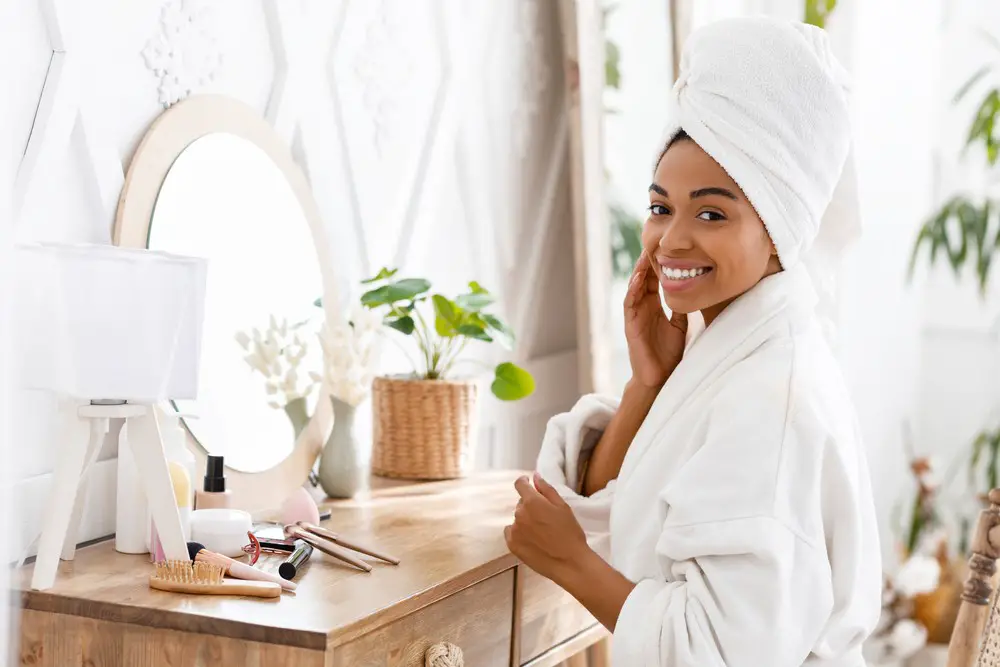
Managing anxiety disorders and navigating social situations can be challenging, but incorporating self-care activities into your daily routine can help alleviate stress and promote mental well-being. Regular breaks to relax and engage in activities that bring joy or provide a sense of accomplishment are essential to self-care.
Journaling
Journaling is an effective way to process thoughts and emotions related to anxiety. By noting your reactions, you can understand what sparks your anxiousness and figure out how to tackle it. Additionally, journaling allows you to track progress over time as you implement new techniques or habits to reduce anxiety.
Mindfulness Activities
Mindfulness practices such as deep breathing exercises or progressive muscle relaxation are excellent ways to calm the mind when feeling anxious. These mindfulness techniques encourage present-moment awareness while helping reduce negative thought patterns associated with anxiety disorders.
Hobbies & Interests
Pursuing hobbies or interests that bring happiness is another essential aspect of self-care. Engaging in activities like painting, gardening, reading, or playing music provides enjoyment and helps take your mind off stressors contributing to anxiety symptoms.
- Finding Balance: It’s essential to focus on work-related tasks and allocate time each day to do things enjoyable too.
- Schedule Time For Yourself: Set aside specific times during the week for self-care activities, ensuring you prioritize your mental well-being.
- Experiment: Try different hobbies or interests to find what resonates with you and brings a sense of accomplishment or joy.
Physical Self-Care
Taking care of your physical health is also crucial in managing anxiety. This includes regular exercise, eating a balanced diet, staying hydrated, and practicing good sleep hygiene. Prioritizing these aspects can help improve mood and overall mental health while reducing symptoms associated with anxiety disorders.
Incorporating self-care into your daily routine may seem daunting initially; however, it’s essential to remember that small steps can significantly impact managing anxiety. For example, focusing on yourself and participating in calming, joyful activities can effectively manage anxiousness when faced with social situations.
Frequently Asked Questions
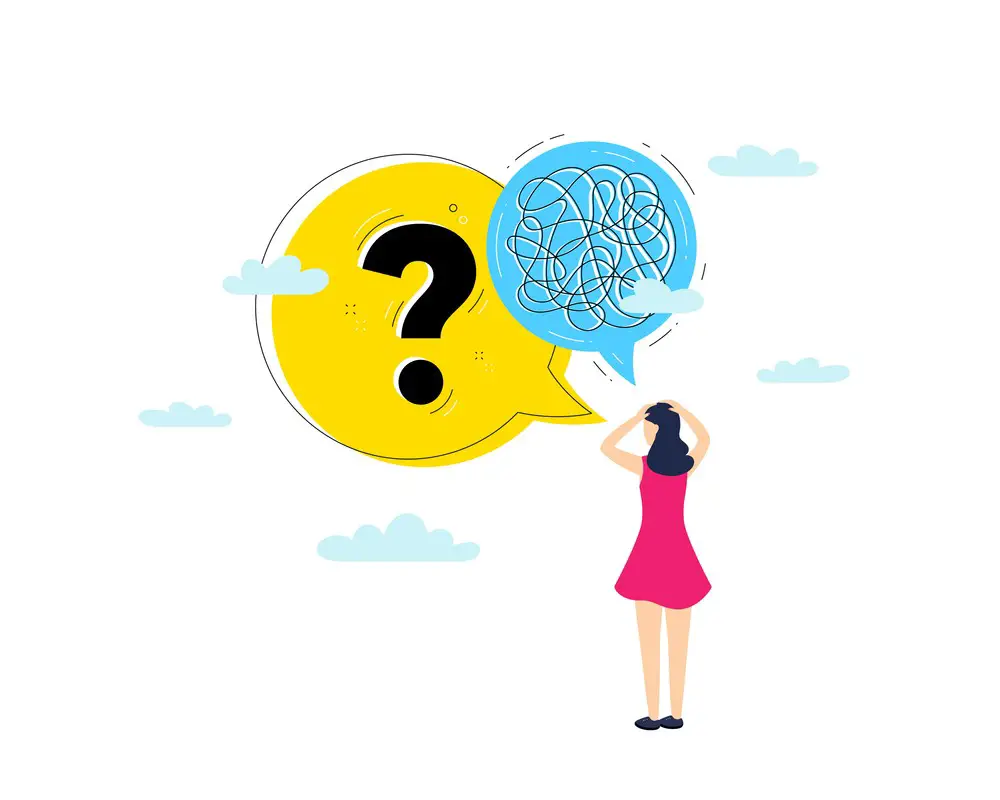
Is there an opposite of anxiety?
The opposite of anxiety is often considered a state of calmness, relaxation, or tranquility. This can be achieved through various practices and techniques such as positive thinking, exercise, meditation, maintaining a healthy diet, practicing good sleep hygiene, seeking social support, and engaging in self-care activities.
What is the opposite of anxious?
The opposite of being anxious is feeling relaxed or at ease. When you are relaxed and at ease, your mind is free from worry or stress, which allows you to focus on the present moment without fear or apprehension about future events.
What are the four coping skills for anxiety?
Four practical coping skills for managing anxiety include:
- Cognitive Behavioral Therapy (CBT) techniques
- Regular physical activity
- Meditation and mindfulness practices
- Stress management strategies, such as deep breathing exercises and progressive muscle relaxation.
What are three coping strategies for anxiety?
Three helpful coping strategies for anxiety include:
- Grounding techniques, such as focusing on your breath or engaging in physical activity, bring you back to the present moment.
- Building a solid social support network of friends, family, and mental health professionals who can provide guidance and encouragement.
- Practicing self-care by setting aside time for relaxation, hobbies, and activities that bring joy and fulfillment.
Conclusion
As we have discussed, the opposite of anxiety is achievable through positive thinking, exercise, meditation, healthy dieting habits, sleep hygiene, and social support. Furthermore, self-care should be practiced to ensure your mental health remains balanced. Finally, it is essential to remember that numerous support systems are available to combat their anxiety. Dedication and commitment make it possible to find peace from within by learning how to cope with stressors instead of allowing them to control your life.
Take control of your life and find peace from overcoming anxiety. Visit our website for helpful advice, resources, and strategies for healthily managing stress.
- 3 Ways Wearing a Hat Can Help Lower Your Stress Levels - April 19, 2025
- Breaking the Silence: Why Men’s Mental Health Matters More Than Ever - April 15, 2025
- How to Transform a Home’s Patio Space into a Relaxing Space - March 23, 2025
This site contains affiliate links to products. We will receive a commission for purchases made through these links.

